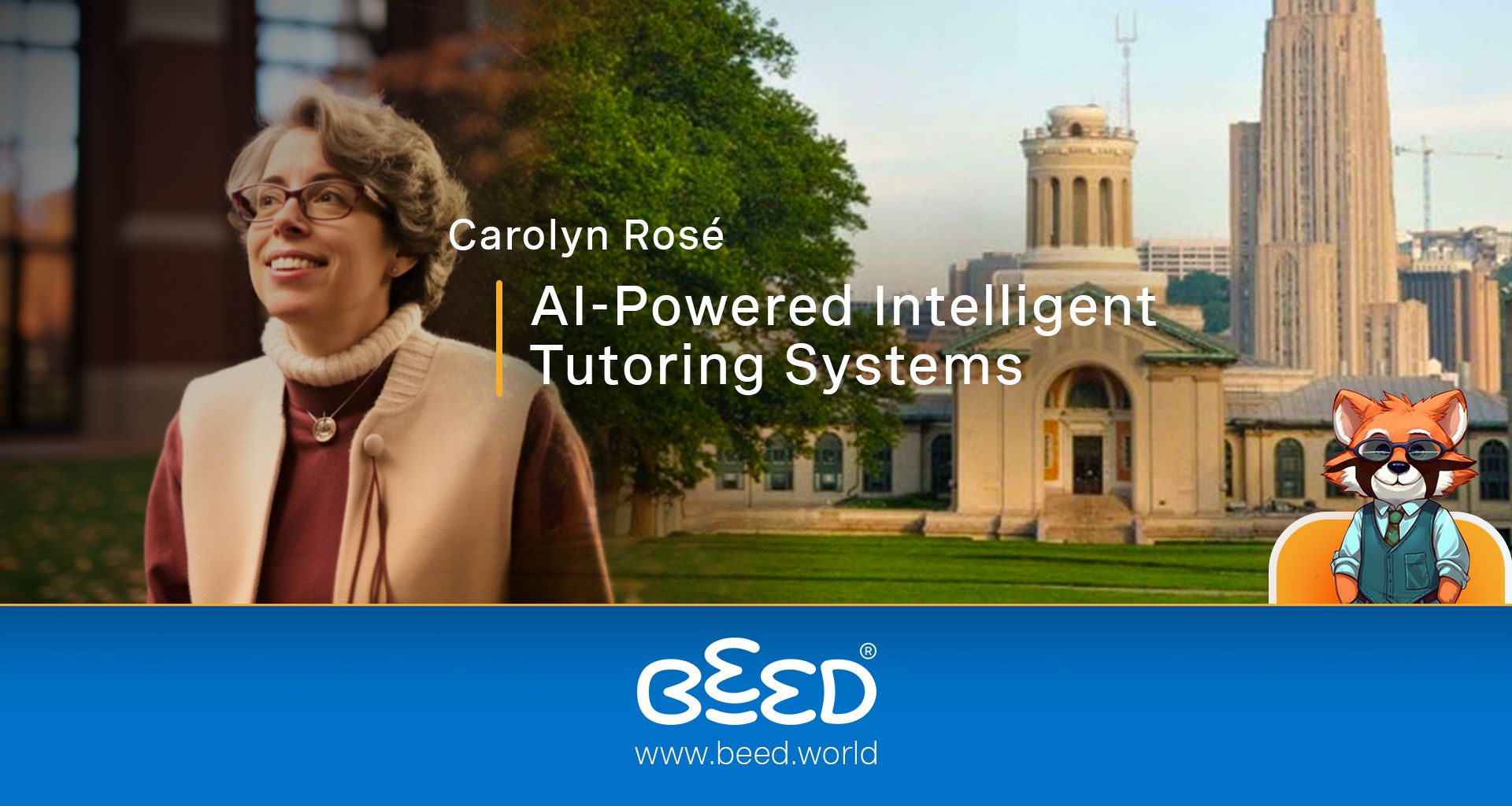AI-Powered Intelligent Tutoring Systems and Carolyn Rosé (Carnegie Mellon University)

The Promise of Artificial Intelligence in Education:
Artificial intelligence (AI) has the potential to revolutionise education by creating personalised learning experiences for each student. At the forefront of this revolution are intelligent tutoring systems (ITS), powered by AI algorithms that can adapt to individual needs, offer real-time feedback, and guide students towards mastery. One leading figure in this field is Carolyn Rosé, a professor of language technologies at Carnegie Mellon University and a pioneer in AI-powered personalised learning.
Carolyn Rosé and the ASSISTment Project:
Rosé's most impactful work comes through the ASSISTment Project, a long-term research initiative developing intelligent tutoring systems for middle school mathematics. These systems, like "Maggie" and "MathSpring," assess students' knowledge, identify strengths and weaknesses, and provide tailored
instruction, explanations, and hints. They go beyond static textbooks, dynamically offering multimedia resources, adjusting the difficulty level as needed, and encouraging self-explanation and metacognition.
Benefits and Outcomes:
Studies have shown significant positive outcomes for students using Rosé's systems. In one study, ASSISTment users demonstrated better learning gains and higher standardised test scores compared to students using traditional instruction. Additionally, the systems foster intrinsic motivation and a sense of agency in learning, as students receive personalised support and take ownership of their learning journey.
Challenges and Future Directions:
Despite its successes, challenges remain in developing truly effective AI tutors. Ensuring accurate assessment of student knowledge, creating engaging and adaptive feedback mechanisms, and addressing ethical concerns like bias and student anxiety are areas of ongoing research. Rosé and her team are actively working on these challenges, aiming to create robust and equitable systems that benefit all learners.
Impact on the Educational Landscape:
Rosé's work with AI-powered intelligent tutoring systems has sparked widespread interest and application in educational settings. Schools and learning platforms are increasingly incorporating AI-based tools to personalise learning and address individual needs. Rosé's research, through presentations, publications, and open-source software, has significantly contributed to the development of this field and inspired other researchers and developers.

Conclusion:
Carolyn Rosé's pioneering work with AI-powered intelligent tutoring systems shows the immense potential of AI to personalise learning and improve student outcomes. As technology advances and challenges are addressed, these systems have the power to reshape education, providing every student with a tailored path to success. Rosé's dedication to research and open collaboration paves the way for a future where AI transforms education, making it more engaging, effective, and accessible for all.